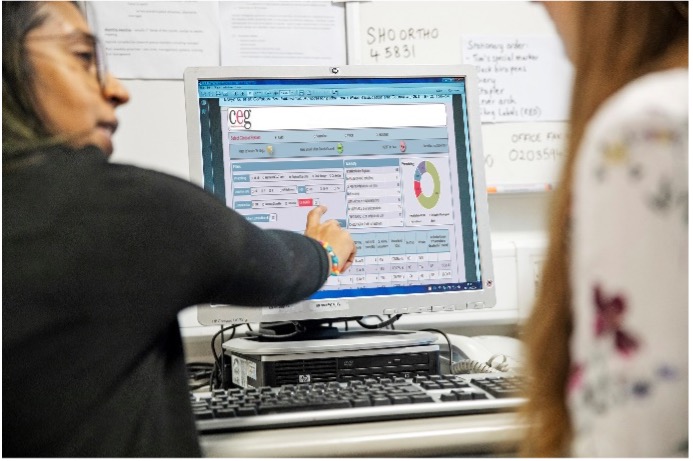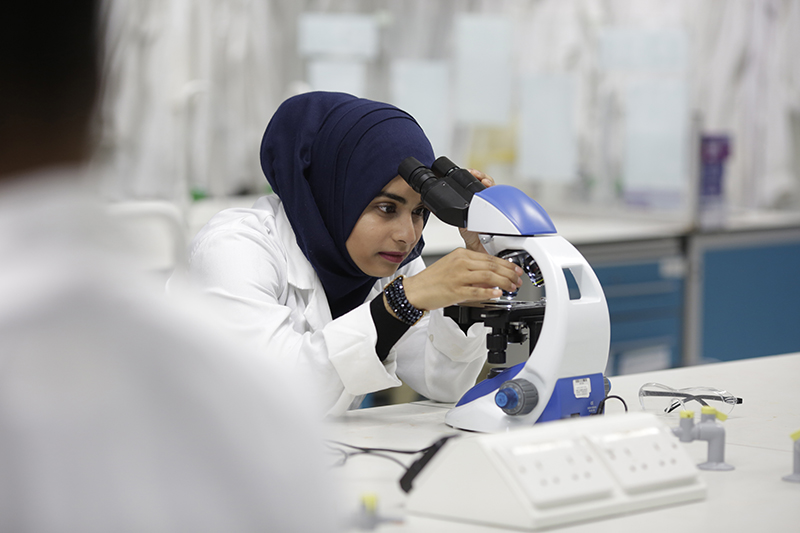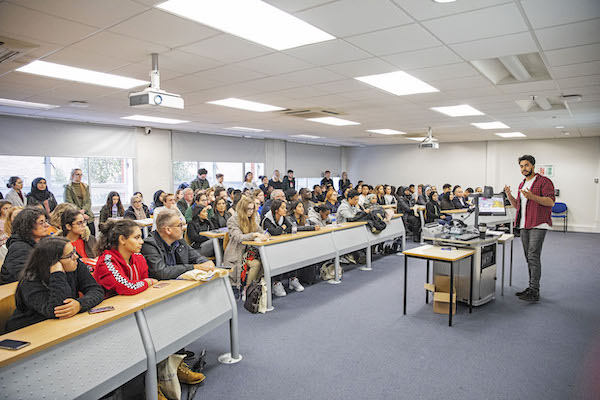
Postdocs and Principal Investigators
The quality of our research attracts the best and the brightest researchers. We deliver a range of continuing professional development opportunities to help our postdoctoral research staff and academic staff to grow and develop their careers.
Postdoc Congress 2025
Is on June 18th! Register now!!
CEDARS
Researchers: feedback about your experience using the Culture Employment and Development in Academic Research Survey
Professional Development courses and programmes
Discover our cohort programmes, workshop series, and single-series courses for postdocs, fellows, lecturers and senior lecturers
Online courses and resources for postdocs and researchers
Explore our range of online courses and resources to enhance your skills.
Postdoc Mentoring
Engage with mentoring to maximise your professional and academic career outcomes
Careers Support
Access the Careers Team’s tailored programme of 1-to-1 support, courses and workshops, and resources for postdocs.
Researcher Development Concordat
Read about Queen Mary’s commitment to improving support for researchers and their career development.
Queen Mary's Code of Practice for Research Staff
Find out what this means for you.


